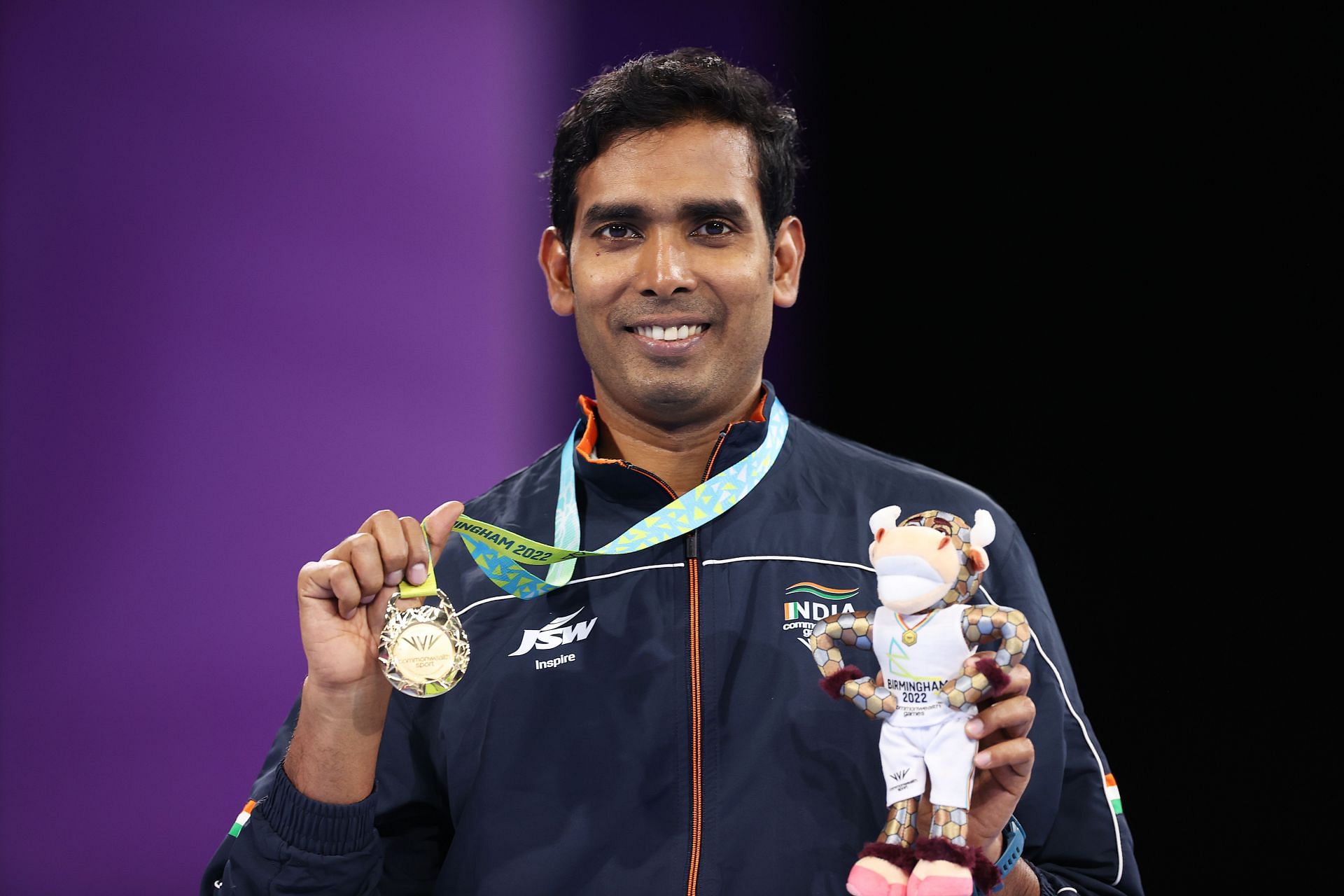
SWOT analysis of the Indian table tennis team for the Paris Olympics 2024
Sharath Kamal and Manika Batra will lead the Indian table tennis team at the Paris 2024 Olympics, taking place from July 27 to August 10 at the South Paris Arena. India have a squad of six table tennis players competing in four out of the five medal events, with no entries in the mixed doubles category.
Sharath Kamal is set to make his fifth Olympic appearance, showcasing his long-standing prowess in the sport. Harmeet Desai will join him in the men’s singles, but must first navigate a preliminary round to advance to the main draw.
Manika Batra, who reached the third round in women's singles at the Tokyo 2020 Games, will be participating in her third consecutive Olympics. Sreeja Akula, ranked 16th in the world, will be the other Indian competitor in women’s singles.
Additionally, Manav Thakkar and Archana Kamath will represent India in the team events. Thus, ahead of the event let us take a look at the SWOT analysis of the Indian Table Tennis Team.
Indian table tennis team SWOT analysis
Strengths
Experienced Leadership: The Indian table tennis team is led by seasoned players like Achanta Sharath Kamal and Manika Batra.
Sharath Kamal, making his fifth Olympic appearance, brings invaluable experience and mentorship to the team. Manika Batra, a two-time Olympian, has a history of rising to big occasions, including her standout performance at the Commonwealth Games.
Promising Talents: Rising stars like Sreeja Akula, who recently won a WTT Contender title, add a dynamic edge to the team. The blend of youth and experience could be pivotal in crucial matches.
Strategic Coaching: The presence of coach Massimo Costantini, known for his strategic acumen, is a significant advantage. His ability to devise match-specific tactics can leverage the team’s strengths effectively.
Weaknesses
Tough draws for teams: The Indian table tennis team will face China in the men’s team event. China has won Gold in all editions of the event since 2008. The women’s team, meanwhile, will face Romania in the round of 16. They could face Germany, Rio 2016 silver medallists, in the second round.
Inconsistency: While the Indian table tennis team has shown flashes of brilliance, inconsistency remains an issue. Both the men’s and women’s teams missed direct qualification initially and had to secure their spots through world ranking reallocations.
Opportunities
Historic Participation: This is the first time India will compete in both men’s and women’s team events at the Olympics. It offers a historic opportunity to make a significant impact and inspire future generations of players.
Potential for Upsets: The unpredictable nature of table tennis means that lower-seeded players often have chances to upset higher-ranked opponents. Players like Manika Batra, known for their ability to peak at the right time, could capitalize on this.
Growing Popularity: Success at the Olympics could boost the popularity of table tennis in India, leading to better infrastructure and support for the sport in the future
Threats
Strong Competition: The global table tennis scene is dominated by powerhouses like China and Japan. Competing against these nations, which have a deep bench of top-ranked players, poses a significant challenge.
Pressure of Expectations: With increased visibility and expectations, particularly given their historic qualification, the Indian table tennis team might face immense pressure. Managing this psychological aspect will be crucial.